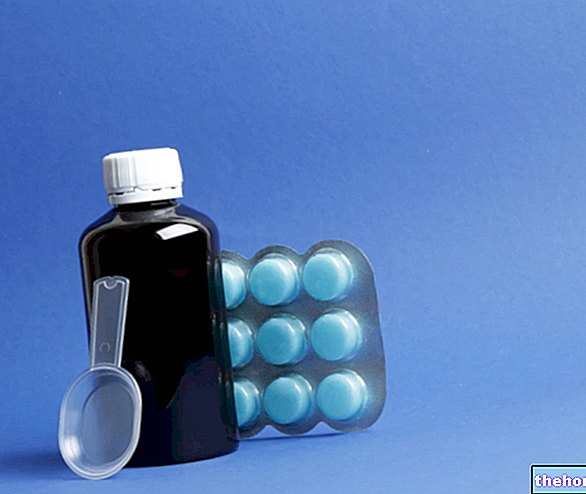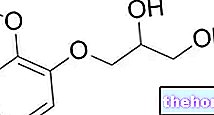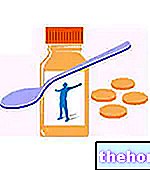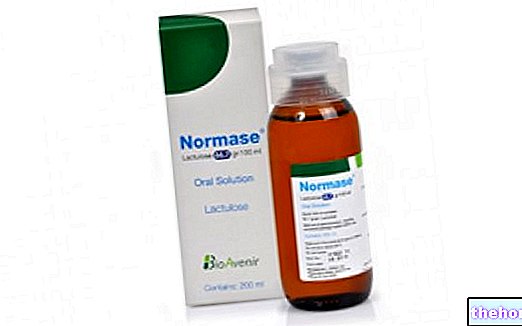
What is Mozobil?
Mozobil is a solution for injection that contains the active substance plerixafor.
What is Mozobil used for?
Mozobil is used to help harvest hematopoietic stem cells (cells found in the bone marrow that can mutate into different types of blood cells) for transplantation. It is used in patients with lymphoma or multiple myeloma (types of cancer of the blood cells) for autologous transplantation (when the patient's own cells are used in the transplant). It is only used in patients where stem cell collection is difficult.
Because the number of patients requiring haematopoietic stem cell mobilization and collection is low, this condition is considered 'rare', therefore Mozobil was designated an 'orphan medicine' (a medicine used in rare diseases) on 20 October 2004.
How is Mozobil used?
Mozobil therapy should be initiated and supervised by a physician experienced in oncology or hematology. After administering Mozobil to the patient, the patient's stem cells must be extracted from the blood and stored before transplantation. The therapy must therefore be performed in collaboration with a specialized center with experience in this field and in which stem cell monitoring can be carried out correctly.
Mozobil is used together with a hormone called granulocyte colony stimulating factor (G-CSF). G-CSF is used on its own for four days prior to the addition of Mozobil. Mozobil
it is given by injection under the skin, six to eleven hours before each session of the patient's blood collection and stem cell extraction. It can be used for up to seven consecutive days.
How does Mozobil work?
Mozobil is used to help move ("mobilize") stem cells from the bone marrow so they can be released into the blood. Plerixafor, the active substance in Mozobil, works by inhibiting the activity of a protein called the 'chemokine CXCR4 receptor'. This protein helps retain stem cells in the bone marrow. By blocking its activity, Mozobil allows stem cells to be released. in the blood, so that they can be collected.
How has Mozobil been studied?
The effects of Mozobil were first tested in experimental models before being studied in humans.
Mozobil has been compared with placebo (a dummy treatment) in two main studies involving 298 adults with a type of lymphoma called non-Hodgkin's lymphoma and 302 adults with multiple myeloma. All patients also received G-CSF. The main measure of effectiveness was the number of patients in whom it was possible to collect a certain number of stem cells from the blood in 2-4 days of collection. The studies also looked at the number of patients with a certain number of stem cells collected and in whom the stem cells were successfully grafted (starting to grow normally and produce blood cells).
What benefit has Mozobil shown during the studies?
Mozobil was more effective than placebo at mobilizing stem cells from the bone marrow into the blood. Among patients with lymphoma, 60% of those given Mozobil achieved their stem cell count within 4 days of collection (89 out of 150), compared with 20% of patients given placebo (29 of 148). Among patients with multiple myeloma, 72% of those who received Mozobil achieved their stem cell count (106 out of 148), compared with 34% of patients who received placebo (53 on 154). In both studies, there were more patients who received Mozobil who met the stem cell target and where the stem cells were successfully grafted.
What is the risk associated with Mozobil?
The most common side effects with Mozobil (seen in more than 1 in 10 patients) are diarrhea, nausea and injection site reactions. For the full list of side effects reported with Mozobil, see the Package Leaflet.
Mozobil must not be used in people who may be hypersensitive (allergic) to plerixafor or any of the other ingredients.
Why has Mozobil been approved?
The Committee for Medicinal Products for Human Use (CHMP) decided that Mozobil's benefits are greater than its risks for use in combination with G-CSF to improve the mobilization of hematopoietic stem cells to peripheral blood for collection and subsequent autologous transplantation in lymphoma and multiple myeloma patients with poor cell mobilization The committee recommended the granting of a marketing authorization for Mozobil.
Other information about Mozobil:
On 31 July 2009, the European Commission issued Genzyme Europe B.V. a "permission
when placed on the market for Mozobil, valid throughout the European Union.
For the summary of the opinion of the Committee for Orphan Medicinal Products on Mobozil, click here.
For the full version of Mozobil's EPAR click here.
Last update of this summary: 06-2009
The information on Mozobil - plerixafor published on this page may be out of date or incomplete. For a correct use of this information, see the Disclaimer and useful information page.






.jpg)





















